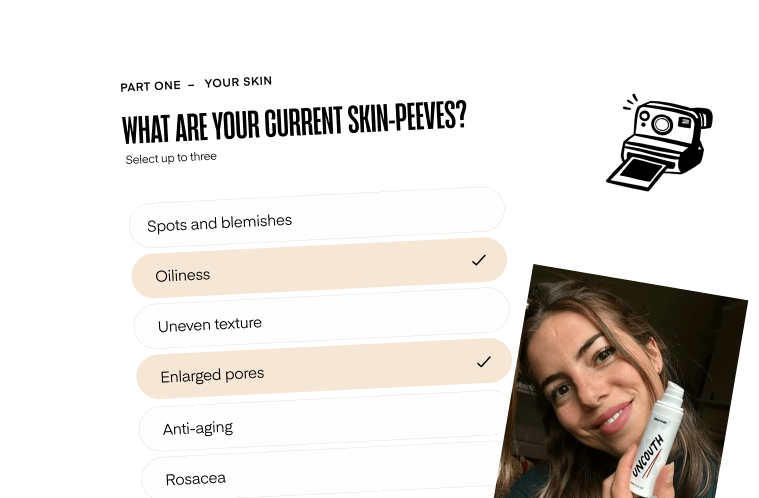straight-talking
journal
Your no nonsense skincare blog. Written by doctors.
Acne in pregnancy- how to treat it
10 July 2023 | ACNE
How common is pregnancy acne?
Studies suggest that almost half of women suffer with acne during pregnancy. It is more likely to affect you if you have had acne in the past, but it can occur if you have previously been spot free.
What causes it?
It often strikes in the first trimester because of hormonal fluctuations. The good news is it can improve as the pregnancy progresses.
What should I be aware of?
We asked Dr Horton, a dermatology doctor, about the safety of prescription skincare treatments for acne in pregnant and breastfeeding women. ‘It’s worth being aware that studies on skincare creams in pregnant or breastfeeding women are seldom done because it would be unethical. What we base a lot of our recommendations on is what we have learnt from previous animal studies or from reports of women who have used certain treatments whilst pregnant. When it comes to topical treatments, thankfully the skin is a pretty good barrier so the amount of active ingredients getting absorbed into your body is likely to be low and not particularly significant. However, we always tend to err on the side of caution. For example, we know that the oral retinoid isotretinoin is harmful to the foetus. Because of this, we don’t prescribe topical retinoids in pregnant or breastfeeding women and similarly cosmetic retinoids are not recommended. The general consensus is the risk is likely to be low with these topicals ingredients, but the reasonable thing to do is avoid.’
Ingredients that are considered safe to use in pregnancy
Prescription skincare ingredients that are generally considered safe to use in pregnancy for acne include azelaic acid, benzoyl peroxide and certain topical antibiotics.
Ingredients that are considered safe to use in pregnancy
Prescription skincare ingredients that are generally considered safe to use in pregnancy for acne include azelaic acid, benzoyl peroxide and certain topical antibiotics.
Ingredients to avoid in pregnancy
Topical ingredients to avoid include topical retinoids (e.g adapalene, tretinoin). The oral retinoid isotretinoin is contraindicated in pregnancy, as is spironolactone, an anti-androgen tablet that is often used to treat hormonal acne. Some oral antibiotics are safe to use but certain classes are contraindicated (sometimes trimester dependent).
What about non prescription ingredients?
For the majority of skincare ingredients, it’s important to bear in mind that there are very few studies in humans. The consensus is avoid the cosmeceutical retinoids (retinol and retinal). Salicylic acid and glycolic acid are thought to be low risk. The bottom line is if you are suffering from acne in pregnancy you are not alone, it may well improve in the second trimester and there are several high powered ingredients that are considered pregnancy safe!
References
Ly S, Kamal K, Manjaly P, Barbieri JS, Mostaghimi A. Treatment of Acne Vulgaris During Pregnancy and Lactation: A Narrative Review. Dermatol Ther (Heidelb). 2023 Jan;13(1):115-130.
Mavranezouli I, Daly CH, Welton NJ, Deshpande S, Berg L, Bromham N, Arnold S, Phillippo DM, Wilcock J, Xu J, Ravenscroft JC, Wood D, Rafiq M, Fou L, Dworzynski K, Healy E. A systematic review and network meta-analysis of topical pharmacological, oral pharmacological, physical and combined treatments for acne vulgaris. Br J Dermatol. 2022 Nov;187(5):639-649.
Layton AM, Dias da Rocha MA. Real-World Case Studies Showing the Effective Use of Azelaic Acid in the Treatment, and During the Maintenance Phase, of Adult Female Acne Patients. Clin Cosmet Investig Dermatol. 2023;16:515-527. Published 2023 Feb 24. doi:10.2147/CCID.S396023










